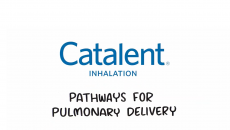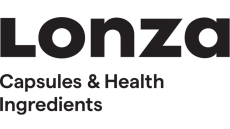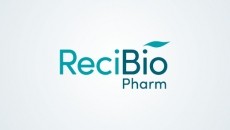Skyepharma licenses yeast encapsulation tech
the pharmaceutical sector after clinching a licensing deal with UK
drug delivery specialist SkyePharma.
SkyePharma has acquired an exclusive licence to use Micap's patented microencapsulation technology, which can improve the shelf life and bioavailability of active ingredients, in up to 10 of its products. The company already has a deal in place to use the technology for flavour applications.
Micap's technology is based on using yeast and other single-cell organisms as capsules to protect and deliver actives compounds. The technology uses the preformed walls and membranes of microorganisms to supply the capsule, and this provides a high level of protection against extremes of temperature, sunlight, pressure, water and degradation in air, according to the firm.
Michael Norris, Micap's finance director, told In-Pharmatechnologist.com that the technology has two properties that differentiate it from competing microencapsulation techniques.
Firstly, its high resistance to environmental factors makes it suitable for extending the shelf-life of challenging compounds, including those which are volatile. And secondly, the natural tendency of yeast cells to adhere to mucosal cells such as those lining the gastrointestinal tract can provide a hike in bioavailability. The close proximity of the cells allows the active compound to cross through more effectively by simple diffusion.
This increase in bioavailability may make it possible to reduce the dose of compounds or even render injectable drugs suitable for oral delivery, he noted.
In June 2003, Micap achieved a significant milestone when preclinical trials looking at the oral delivery of Micap encapsulated fenofibrate (a cholesterol-lowering drug) indicated that an unformulated Micap product delivered a similar drug loading to a fully formulated, commercially available version.
The team has also carried out a preclinical trial on a topical application, assessing the use of Micap encapsulated econazole nitrate to treat a fungal infection. In this instance, the results showed an improvement in efficacy between an equivalent loading of Micap product and a commercially available product.
SkyePharma has been evaluating Micap's microencapsulation technology for both oral and topical drug applications, and both these routes of administration are covered by the licence, according to Micap.
Under the terms of the agreement SkyePharma will make an initial payment to Micap of £500,000 (€751,000) and ongoing royalties will be payable by SkyePharma to Micap on sales made of any option product. SkyePharma will make milestone payments on the first successful completion of Phase II and III clinical trials and also on the first commercial launch of a product using the technology.
Analyst Mark Paddon of Teather & Greenwood estimates that milestone payments of £500,000 will be due on Phase II and III trial successes and £250,000 on an initial product launch. Royalty payments will be between 3 per cent and 7 per cent, depending on the route to market, he suggests.
Meanwhile, work with AstraZeneca to evaluate the Micap technology has been ongoing for some time. The initial feasibility studies have been extended to allow further technology development work to be carried out. Work on optimising the process conditions during encapsulation to enhance the performance of the capsules, means that Micap will be able to offer a product with higher drug loading than has previously been achieved, said the company.













